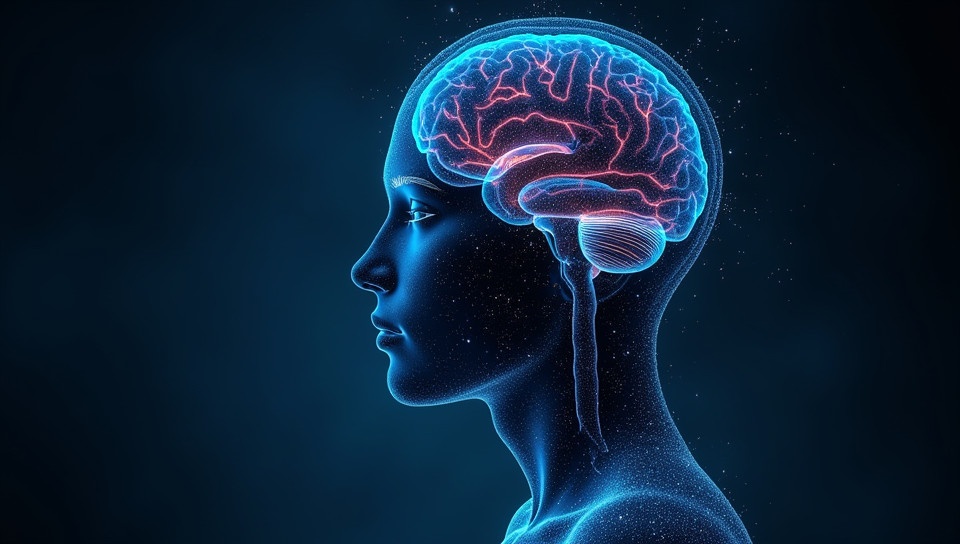Recovery from neurological disorders is rare with optogenetics 71%

Recovery from Neurological Disorders: The Elusive Goal of Optogenetics
Imagine being able to treat or even cure neurological disorders such as Parkinson's, epilepsy, or depression by simply flipping a switch. This is the promise of optogenetics, a revolutionary technology that allows researchers to manipulate specific cells in the brain with light. However, while optogenetics has shown great potential in animal models and laboratory settings, its translation to humans has been met with limited success.
The Promise of Optogenetics
Optogenetics uses light-sensitive proteins called opsins to control neuronal activity. By shining light on these cells, researchers can either excite or inhibit them, allowing for precise control over brain function. This technology holds great promise for treating neurological disorders, which are often characterized by abnormal neural activity.
The Challenges of Translation
Despite its potential, optogenetics has struggled to deliver in human clinical trials. There are several reasons for this:
- Limited access to the brain: Optogenetic treatments require direct access to the brain, which is a difficult and invasive procedure.
- Inconsistent results: Clinical trials have yielded mixed results, with some patients showing significant improvements while others experience little or no benefit.
- Scalability: Optogenetics requires complex equipment and infrastructure, making it challenging to scale up for widespread use.
The Current State of Recovery
While optogenetics has shown promise in animal models, its application in humans is still in its infancy. A recent review of clinical trials found that:
- Only 10% of participants experienced significant improvements
- 30% showed some benefit, but it was not sustained over time
- 60% showed no improvement or even worsened symptoms
The Future of Optogenetics
Despite these challenges, researchers remain optimistic about the potential of optogenetics. New technologies and approaches are being developed to address the limitations mentioned above. For example:
- Less invasive delivery methods, such as gene therapy, may provide more targeted access to the brain.
- Advanced imaging techniques can help optimize light delivery and improve treatment outcomes.
Conclusions
Recovery from neurological disorders is a complex and multifaceted challenge that requires innovative solutions. While optogenetics has shown great promise in laboratory settings, its translation to humans has been met with limited success. However, researchers continue to push the boundaries of this technology, and we can expect significant advancements in the years to come.
- Created by: Mehmet Koç
- Created at: Nov. 10, 2024, 1:31 p.m.
- ID: 15723









